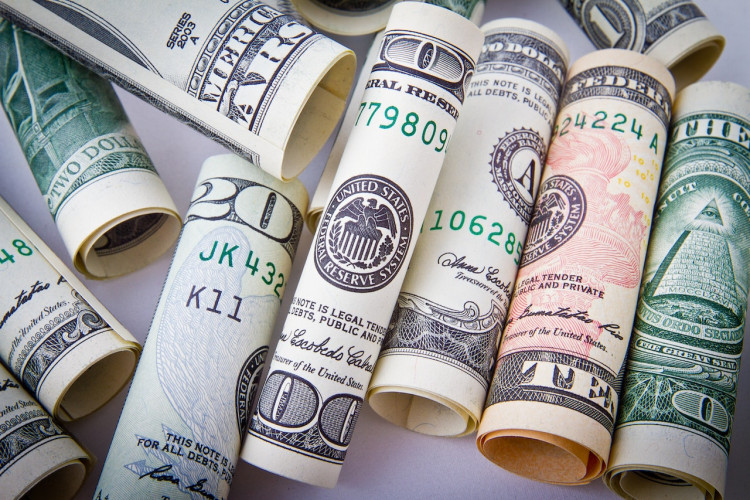As they continue to face persistent inflation, Americans are strongly in support of another round of stimulus cheques. However, experts continue to caution that further release of payments would continue to exacerbate the situation.
Recent studies indicate that a huge majority of Americans favor the concept of another round of federal stimulus checks to battle the impacts of inflation, which have resulted in increased costs at the grocery store and petrol stations, among other places. A study conducted by Pollfish in September revealed that 75% of respondents favored the notion of sending out more checks, while a poll conducted by Newsweek earlier this month found that 63% of Americans shared the same sentiment.
However, experts have continued to warn before the polls that while Americans may want more money, getting it will actually hurt more than help, because putting more money in Americans' hands fuels the economy even more by increasing demand on an already-strained supply chain, which leads to higher prices.
"Stimulus checks would increase demand. At the moment, however, supply is very constrained, so any additional demand would just result in higher prices," Jason Furman, an economics professor at Harvard and former chair of President Obama's Council of Economic Advisers, told Forbes in July.
"Handing out dollars in an inflationary environment will only make matters worse by driving prices up further," Beth Akers, a senior fellow at the American Enterprise Institute, wrote in September.
Several states have distributed and continue to distribute their own version of stimulus cheques, mostly supported by state budget surpluses.
Nevertheless, Americans may be getting increasingly apprehensive since the Federal Reserve's attempts to control inflation by hiking interest rates have had little effect thus far. Although it has slowed the property market, Americans continue to experience the effects of rising costs at grocery shops and petrol stations.
AAA reports that petrol prices are currently averaging $3.78 per gallon, which is lower than a week ago and a month ago and considerably below the average high in June of $5.01 per gallon. However, it is still significantly more than the average price of $3.41 per gallon a year ago.
The Consumer Price Index for October likewise saw rises in most categories, with all products up 0.4% month-over-month, food increasing 0.6%, energy increasing 1.8%, and all other categories increasing 0.3%. Everything is up 7.7% from the previous year, food is up 10.9%, energy is up 17.6%, and everything else is up 6.3%.





